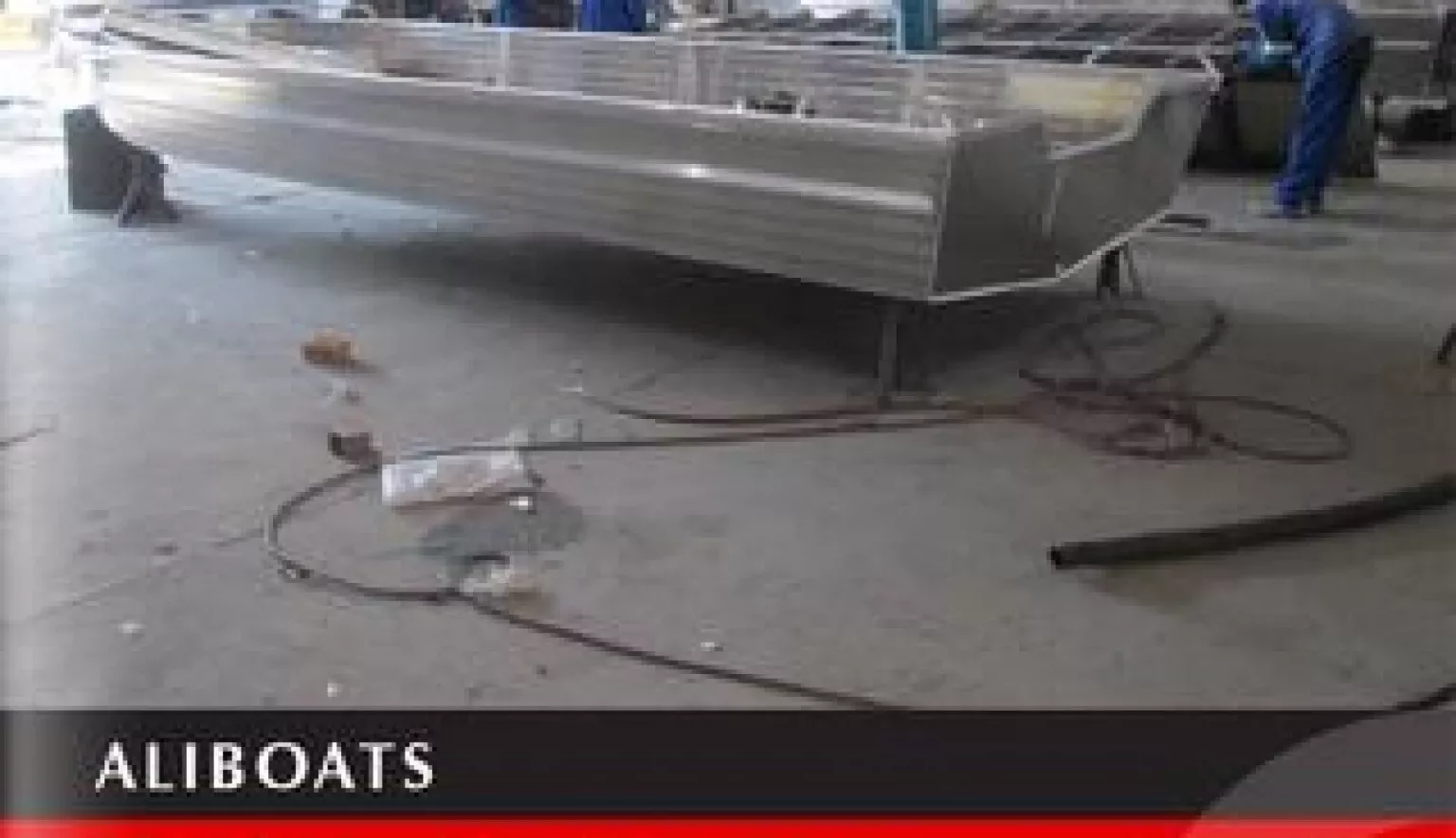Aliboats has expanded exponentially over the past two decades, from a domestic manufacturer of aluminium boats in the late 1980s, to become one of the leading market players in the region now exporting to countries on an intercontinental scale.
INTRODUCTION
Incepted in 1986, in Maun, Botswana, the Company’s initial remit was to manufacture and supply its products to lodges across the Okavango Delta, but the attainment of a Yamaha dealership one year later to supply the internationally-renowned manufacturer with outboard motors set the tone for a concerted international expansion that has occurred in the years following.
Managing Director, Rod Bateman says: “Since then the Company has grown substantially and now employs 68 Motswana staff and manufactures approximately 300 boats a year.
“Approximately 80 percent of our annual production is now exported; the main destinations being Namibia, Zambia, South Africa, Tanzania, Kenya, Congo, Uganda and the UK.”
Internal developments have helped facilitate such business development, with not only a domestic branch in Kasane in place, but also complemented by three branches in Zambia and two in Namibia to further emphasise how far the business has come since its foundation.
Still an authorised Yamaha South Africa dealer, and active across most sub-Saharan nations, Aliboats is now in a better position than ever before to fulfil its core vision.
“The Aliboats team strives to match the perfect hull to your application,” the Company affirms on its website. “Whether it be fishing in one of our high speed, top of the line bass boats or just having family fun in one of our Jon boats; carrying cargo, vehicles or passengers becomes a breeze in our very versatile range of landing craft and ferries.”
MEETING DEMANDS
Outbacks, swamp cruisers, river runners, jet boats, pontoon boats, aluminium trailers, canoes and patrol boats are just a sample of the remainder of Aliboats’ portfolio, while the Company also offers unique fabrications where applicable in order to meet all demands and needs.
The main products and services offered by the company include “aluminium boat manufacture, aluminium fuel tanks, and vehicle accessories like roofracks, bullbars and aluminium trailers”, Bateman adds. “We are also authorised dealers for all Yamaha products, Makita power tools, Stihl equipment, Garmin and Lowrance products, and as mentioned above, with branches in Zambia and Namibia, we cover each of these countries.”
In total, the offering comprises 132 different hull designs and sizes, but 99 percent of the interior configurations are customised, highlighting the flexibility and manufacturing expertise present within the business.
“Customers can essentially design their own boat,” Bateman continues. “This is almost impossible with mass produced, production fibreglass boats which are manufactured in a set mould.”
While this is a time consuming process, it has been a significant facet contributing to the positive reputation enjoyed by Aliboats in the market, and is made more efficient through an ongoing commitment to the streamlining of internal processes, and investments into more modern, advanced technologies.
The latest examples of this are evident through a new computerised plasma cutting machine acquired from the US at a cost of approximately P1.2 million, as well as a new press brake (sheet bender) amounting to approximately P800,000.
ENJOYING LIFE ON THE WATER
The end result of this flexibility, adherence to the latest industry trends and requirements, and comprehensive service offering is what Aliboats labels: “Tough boats. Built in Africa, for Africa”
Bringing into mind a strong emphasis on localisation, this ethos is compounded by the fact that two of the four directors and shareholders – indeed, Bateman and his wife – are Botswana citizens.
“Of our 75 staff, 68 are Botswana citizens, so this is very important to us and the country in general,” the MD adds. “The vast majority of our staff live in Botswana and their job is their livelihood; they are not here to just gain experience and leave for greener pastures.”
Bateman attributes this subsequent loyalty as a key pillar which defines Aliboats from the rest of the market in the region, and the Company repays said loyalty by ensuring that each employee receives state-of-the-art internal training in order to encourage internal promotion wherever possible.
The MD states: “More than 90 percent of our employees have been trained by us in-house; our aluminium welders were either steel welders and we trained them to weld aluminium, or they started as labourers and have progressed upwards through the years. We all believe in our product and I think this is also very important if you want to succeed in today’s markets.”
A hierarchal structure which includes the managers of the Company also being owners further aids the general growth strategy in avoiding bureaucratic hindrances and in promoting quick decision making. And all of this combines with the undoubted quality of products to ensure that Aliboats’ future goals for further expansion north of Botswana are achievable and that its customers continue to “enjoy life on the water”.






















